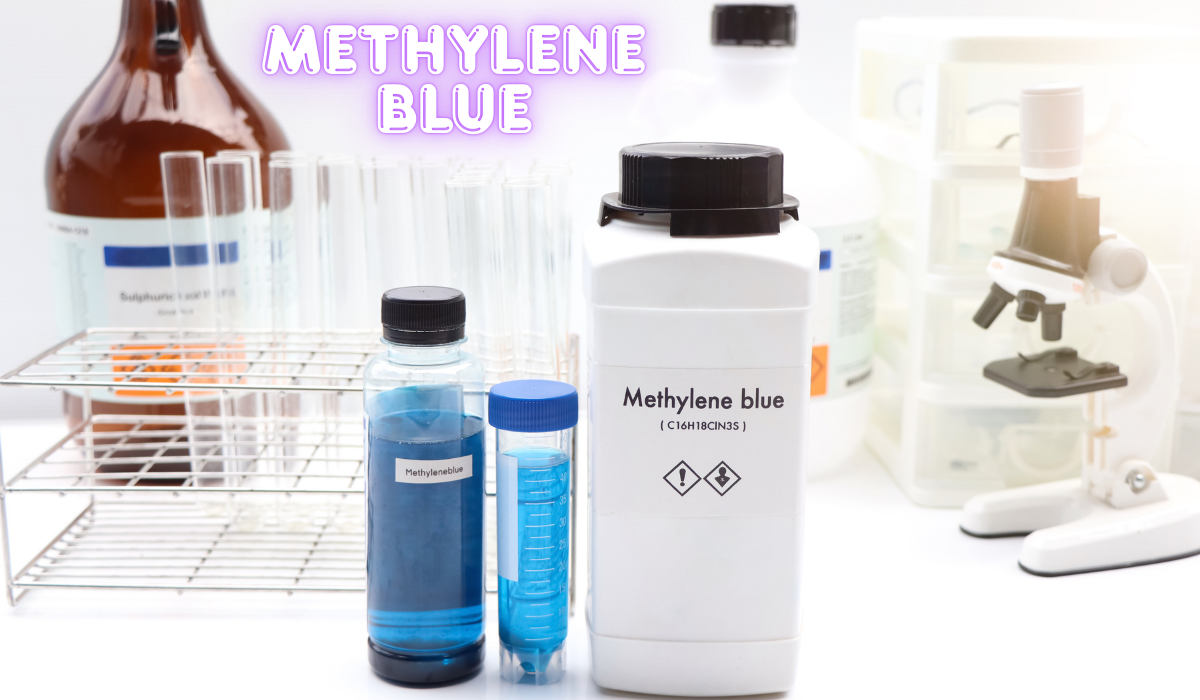Sharpen Your Skills: The Ultimate SPD Certification Prep
In the world of healthcare, patient safety hinges on countless behind-the-scenes professionals. One vital yet often overlooked role is that of the Sterile Processing Department Technician. These skilled individuals ensure that surgical instruments and medical equipment are cleaned, sterilized, and ready for safe use. As healthcare standards tighten and technologies evolve, becoming a certified SPD technician has never been more important—or more rewarding.
What Is a Sterile Processing Department Technician?
Sterile Processing Department Technicians, also known as Central Sterile Processing Technicians or Medical Equipment Preparers, play a critical role in infection control. They are responsible for decontaminating, inspecting, assembling, sterilizing, and distributing surgical instruments and hospital equipment.
Core Responsibilities of SPD Technicians
While duties may vary depending on the healthcare setting, common responsibilities include:
- Cleaning and decontaminating surgical tools
- Inspecting and assembling instrument trays
- Sterilizing equipment using autoclaves and chemical disinfectants
- Managing inventory and tracking equipment usage
- Maintaining compliance with infection control protocols
- Communicating with surgical and nursing teams
These tasks require a strong eye for detail, manual dexterity, knowledge of medical instruments, and a commitment to hygiene and safety.
Why Certification Matters in Sterile Processing
Healthcare employers increasingly require certification as a condition of employment or advancement. Earning your spd certificate demonstrates that you meet nationally recognized standards for safe and effective sterile processing.
Certification:
- Validates your technical knowledge and practical skills
- Improves your job prospects in competitive healthcare markets
- Opens the door to higher salaries and leadership roles
- Enhances your understanding of industry regulations and best practices
Even if not required in your state or facility, having certification can be a powerful career asset and signal your professionalism and dedication to excellence.
The Value of the SPD Certificate in Today’s Healthcare
Earning an spd certificate isn’t just about passing a test—it’s a milestone in your professional journey. In today’s healthcare environment, where surgical volumes are increasing and patient safety standards are stricter than ever, certified technicians are in high demand.
According to the U.S. Bureau of Labor Statistics, employment for medical equipment preparers is expected to grow steadily, driven by an aging population and the need for surgical procedures. Certified technicians often find jobs more easily and may earn higher wages compared to their non-certified counterparts.
Career Opportunities for Certified SPD Technicians
Once you earn your SPD certification, you’ll have access to a range of exciting job roles, including:
- Sterile Processing Technician
- Instrument Technician
- Central Supply Technician
- Operating Room Sterile Tech
- Lead or Supervisor Roles
- Quality Assurance Specialist
- SPD Educator or Trainer
Many technicians also go on to specialize in areas like endoscopy reprocessing or surgical instrumentation, and some transition into related healthcare fields, such as surgical technology or nursing.
Key Skills for SPD Technicians
To succeed in the field and thrive post-certification, technicians need a mix of technical know-how and soft skills. Key attributes include:
Attention to Detail
Mistakes in sterilization or assembly can lead to surgical complications. Technicians must be precise and methodical in every step.
Time Management
Hospitals operate on tight schedules. Being able to clean, assemble, and distribute equipment efficiently is crucial.
Communication
You’ll interact with nurses, surgeons, and other departments. Clear communication ensures that the right tools are delivered at the right time.
Technical Aptitude
Sterile processing involves using sophisticated equipment. Understanding sterilizers, washers, and tracking systems is essential.
Commitment to Cleanliness
Hygiene is non-negotiable. A technician’s workspace must be organized, sterile, and compliant with infection control guidelines.
Tips for New Technicians Entering the Field
- Find a mentor: Learn from experienced SPD professionals.
- Take your time: Don’t rush the learning process. Quality comes before speed.
- Get hands-on: The more real-world exposure you have, the better.
- Track your growth: Keep records of procedures, CEUs, and feedback.
- Stay connected: Join organizations like HSPA for networking, resources, and support.
The Future of Sterile Processing
Sterile processing is evolving rapidly. With increasing automation, digitized tracking systems, and stricter standards, today’s SPD technicians must be tech-savvy, detail-oriented, and dedicated to continual learning.
There is also a growing recognition of the field’s value, and professionals who hold a valid spd certificate are better positioned to influence department practices, contribute to patient safety initiatives, and lead future developments in healthcare sterilization.
Final Thoughts
The sterile processing profession may not always be in the spotlight, but its importance to healthcare is undeniable. By earning your spd certificate, you demonstrate a high level of skill, knowledge, and professionalism that benefits patients, colleagues, and your own career.
Whether you’re just starting out or looking to take the next step in your healthcare journey, now is the perfect time to invest in your education and certification. The SPD field is growing, and with it comes opportunities for advancement, stability, and making a real impact behind the scenes.





Post Comment